At 5am, Tsang Hing-yi, a 65-year-old farmer starts his daily routine by exercising. After some aerobics, he heads to the Hong Kong Federation of Youth Groups Organic Farm, where he has worked as an employee for the past 14 years.
“Work is not just harvesting but fertilising, weeding and digging,” he said. “During summertime, I need to have at least five outfits ready to change into because the heat is intense.”
Nestled in the mountains in Yuen Long, the farm provides fresh organic vegetables to local customers, and adapts to seasonal changes tailored to the time of year, yielding an annual harvest of 20 tons, according to its website.
“People need agriculture and cannot survive without it. This is very practical because all food is grown on farms,” Tsang said. “I will definitely keep doing it with motivation.”
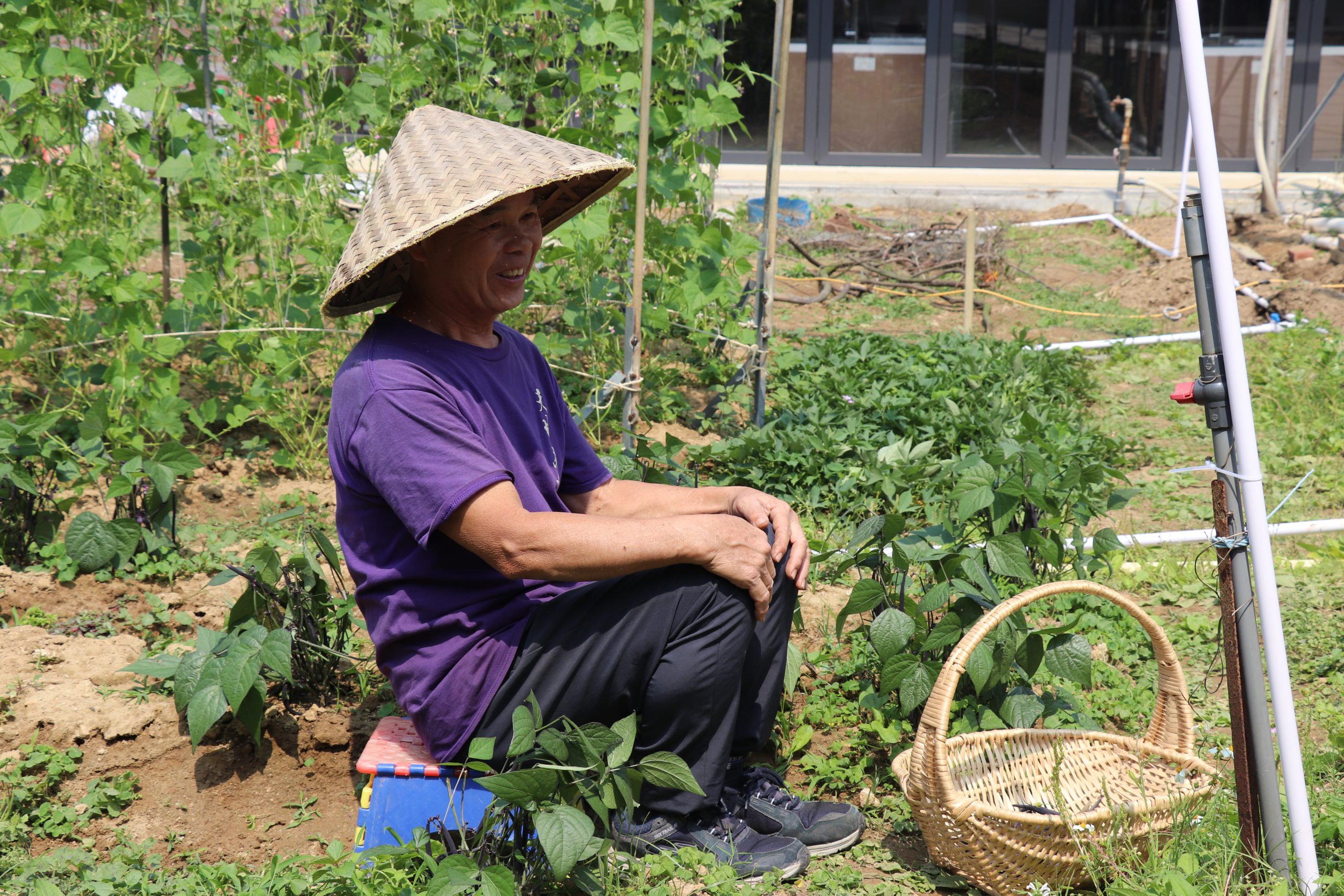
The Rural Sustainability Programme, a collaborative project by the University of Hong Kong, addresses the importance of local farms, aims to diversify the food supply, reduces carbon emissions and focuses on rural conservation.
Government data shows that in 2024, local farms produced an average of 42 tons of vegetables daily, contributing 1.8% of Hong Kong’s fresh vegetable supply.
Hong Kong's agriculture relies heavily on intensive land use and production. Out of the total 1,104 square kilometres of land, only 7.3 square kilometres are dedicated to crop cultivation, according to the government. Despite the limited land available for farming, some people, including Tsang, still insist on doing it.
Founded in 2010, HKFYG Organic Farm is the only organisation that is certified by the US Department of Agriculture and Hong Kong Organic Resource Centre Certification Limited.
According to the latter, 122 local farms have received accreditations from the International Federation of Organic Agriculture Movements, a worldwide organisation advocating organic agriculture that sets standards of organic production and processing for certified bodies.
Yoyo Chan Wing-yiu, 27, the project officer of HKFYG Organic Farm, said their vegetables are fresher than the organic food in the supermarket.
"We usually pick them on the same day they are sold and hand them directly to consumers. If a consumer placed an order and wanted to receive it the next day, the product would be harvested the following day and delivered promptly to the address," she said.
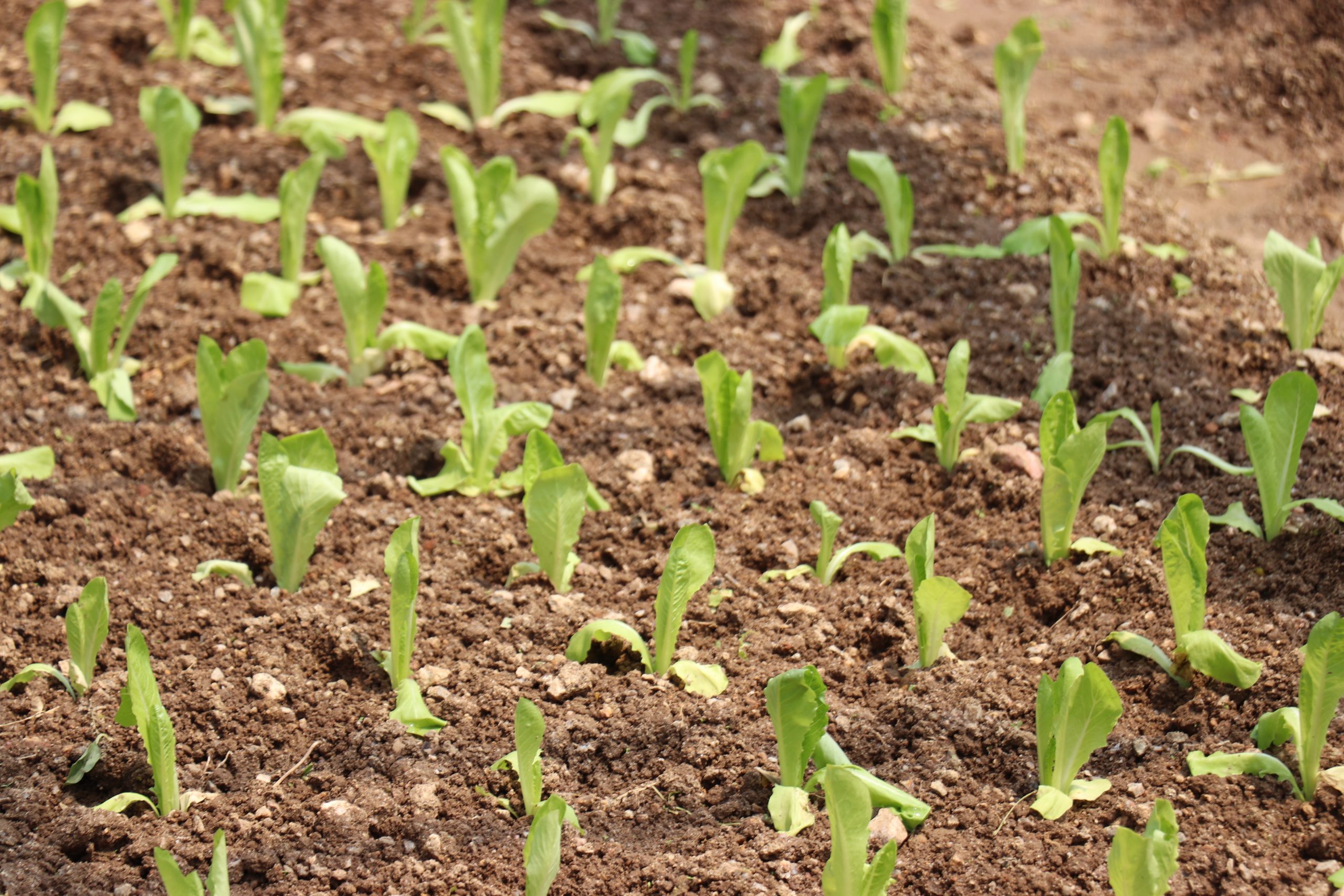
Chan added the farm’s customers come from a wide range of age groups, with younger generations making up one-third of them.
“Because the organic farm is affiliated with HKFYG, we can naturally attract young people. The remaining two-thirds of our customers are primarily families, with mothers driving most purchases,” she said.
In 2024, organic packaged food and beverages consumption in the Hong Kong market reached US$130.2 million (HK$1 billion), and it has grown by 8.5% since 2022, according to the Organic Trade Association.
Research by a group of social science experts, published in 2023 of the scholarly journal Asia Pacific Journal of Marketing and Logistics, found that consumers aligned with the lifestyles of Health and Sustainability purchase products based on health and environmental considerations.
On March 30, Organic Day 2025 organised by HKORC kicked off in Central, featuring nearly 100 stalls from local organic farms, fisheries, and eco-retailers.
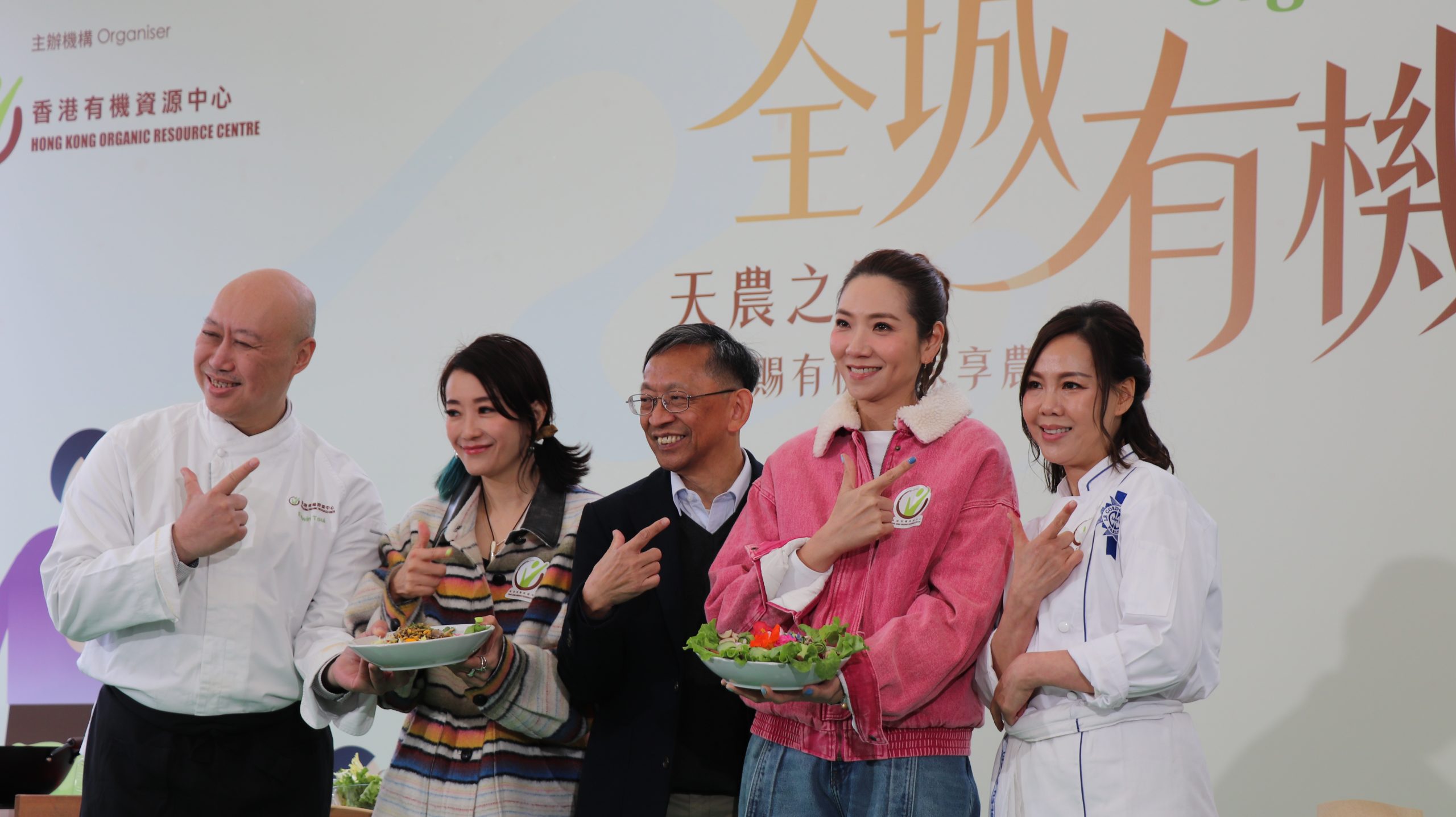
Roseline Chung, 68, a consumer at Organic Day 2025, said her purchases depend on her budget. “I understand that the price of organic food is typically higher because these foods are raised without cheap chemical pesticides,” she said.
Chung added she is willing to pursue an organic lifestyle. "Purchasing organic food can make me healthier and support environmental sustainability," she said.
Jonathan Yip, 36, a stall owner at the event, said the biggest challenge in growing and selling organic tomatoes is unpredictable weather conditions.
“The weather in Hong Kong is uncertain, so our harvests fluctuate. It is not very hot this year and our crops are growing well. The point is when the supply is high, the market demand does not always keep up, which means a lot of good produce ends up going to waste, and it is what we do not want to see,” he said.
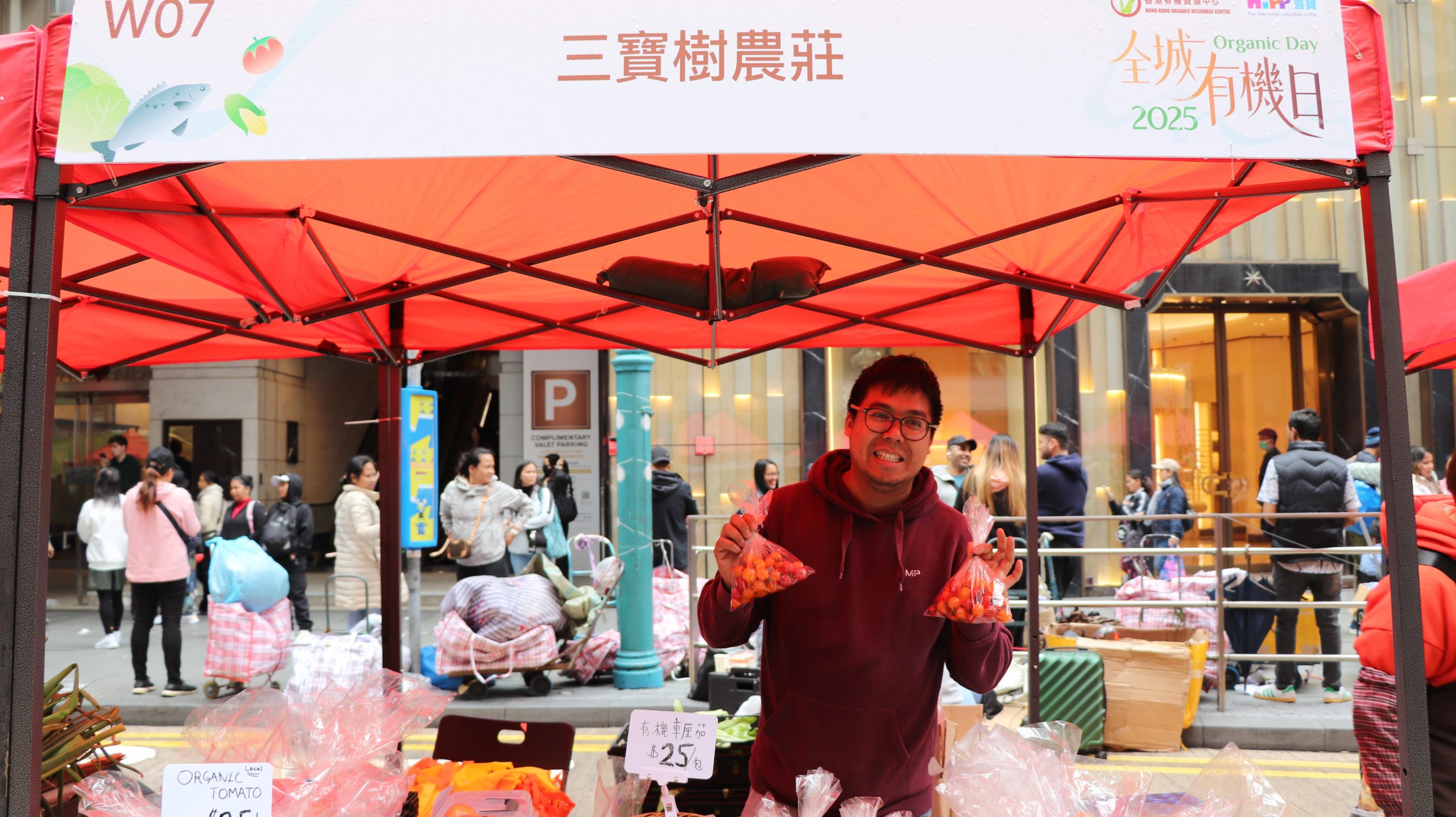
Leung Shi-chi, a research assistant professor of cultural studies at Lingnan University, said society needs organic consumption to form a sustainable circulation.
“From production to waste, this inseparable chain links consumption and ecology,” he said. “Agriculture should not be reduced to a leisurely pursuit; instead, it must leverage its economic and societal role to inspire public consciousness, actively driving awareness and support for local organic farming practices.”
Leung added that macro-organic farming emphasises on giving back to the earth as much as humans take.
“When we talk about organic certification, it is about how we cycle resources in farming without depleting the land. The core idea is turning nutrients from the soil into food for people while also focusing on ways to replenish the soil,” he said.
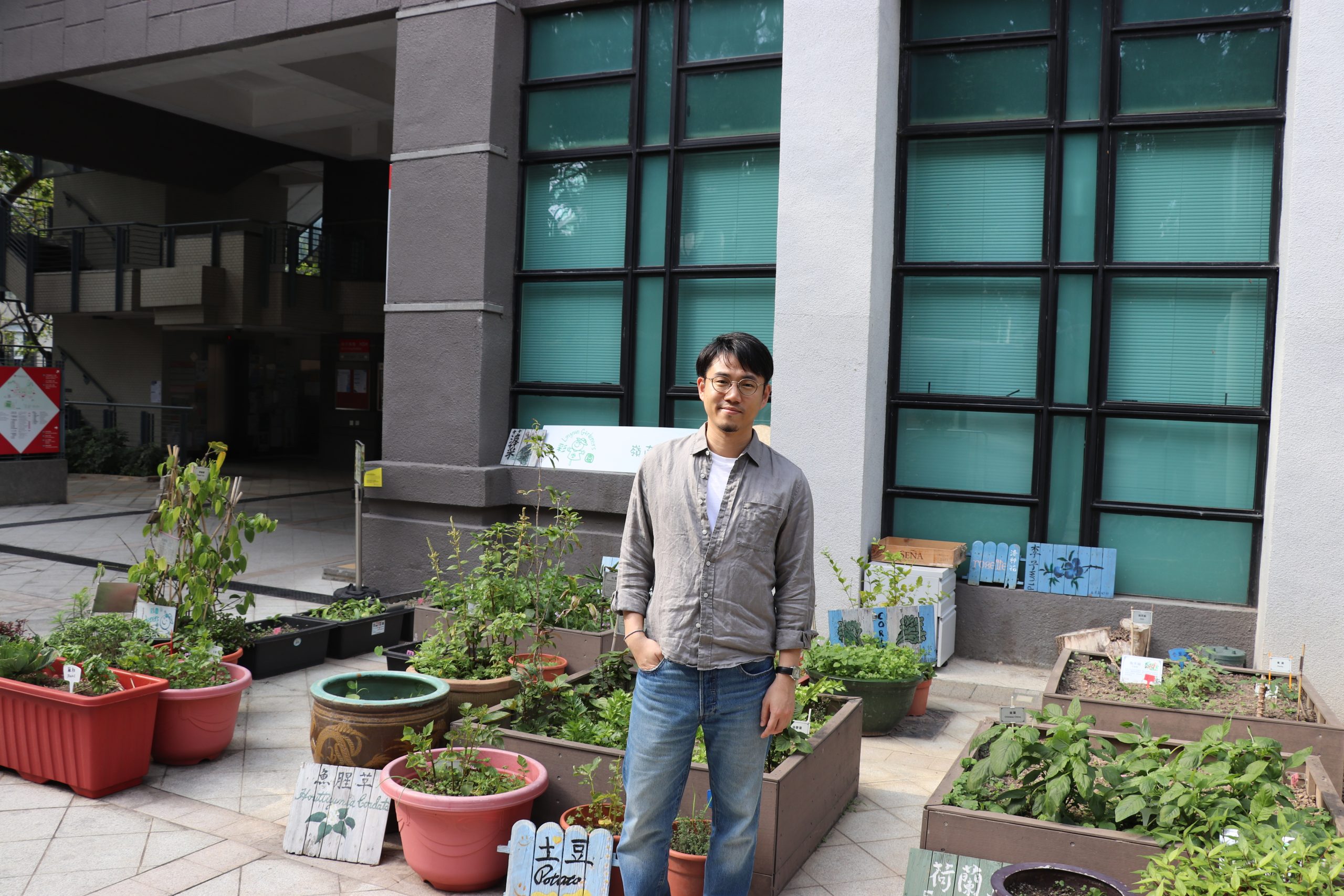
In a report of the Planning Department, agriculture in Hong Kong primarily thrives on urban fringes and the New Territories, with Sheung Shui and Lam Tsuen being more concentrated, while Ta Kwu Ling and the fringe of Yuen Long being more scattered.
“The farmland in Hong Kong is scattered. The government should understand the struggle of local farmers and think about how to support them in a decentralised way, rather than trying to bring everything together,” Leung said.
Tsang was a driver before he committed to nature. “I am passionate about nature, which is why I am here,” he said. “It is very hard to persist for a long time. Only those who truly love nature can endure it. Without that passion, it is impossible.”
《The Young Reporter》
The Young Reporter (TYR) started as a newspaper in 1969. Today, it is published across multiple media platforms and updated constantly to bring the latest news and analyses to its readers.

Kowloon City celebrates Songkran Festival

As Australia’s Indigenous Languages Disappear, Experts are Working to Save Them

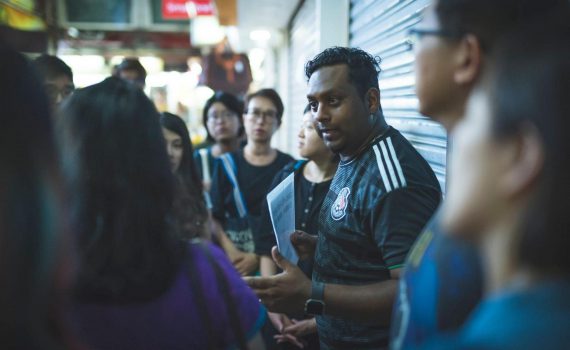


Comments